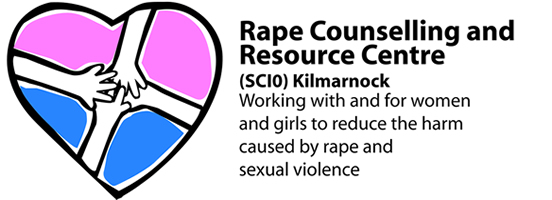Panic attacks
What is a panic attack and why do they happen?
A panic attack is an overwhelming feeling of distress or fear that something terrible is about to happen. The length of time a panic attack lasts can vary. Panic attacks can affect anyone and can occur at any time. However, following a traumatic experience or during times of prolonged stress the likelihood of panic attacks increases.
During a panic attack you may experience the following:
- A racing heartbeat.
- Difficulty breathing.
- Paralysing terror.
- Dizziness and/or nausea.
- Trembling/sweating/shaking.
- Choking/chest pain.
- Hot flushes and sudden chills.
- ‘Pins and needles’.
- Fear of dying.
Coping with panic attacks
Although they can be extremely distressing, there are things you can do to help and most importantly they are not dangerous and do not harm you.
- First and foremost, try to remind yourself that you are not in danger and that these feelings will soon pass.
- Concentrate on your breathing: sit down and breathe in through your nose, slowly counting to 6 as you do so – then breathe out through your mouth, slowly counting to 6. Concentrate on what is around you – this will allow you to ground yourself. Feel your feet on the floor, and touch your clothing.
- You could also try breathing into a paper bag.
- Try to release the tension from your body. When you panic, all muscles tense up and it’s good to try and relax them. Whilst doing your breathing, imagine your muscles tensing and then whilst you are breathing out feel them relaxing. Repeat this process and try to physically feel the tension flowing out of your body.
- Keep reminding yourself that you are safe. Continue to breathe slowly, and the panic should pass.
Following a panic attack it’s important that you take some time to care for yourself. Take 10 or so minutes to sit down and have some water. The list below highlights a few other ways to take care of yourself which may help reduce the likelihood of panic attacks in the future.
- Keep a diary of your mood and any medications you are on.
- Have a bath, accompanied by candle light. Allow yourself to just lay there, relax, and clear your mind.
- Listen to your favourite music.
- Call someone, perhaps a friend or a crisis-line, and speak to them – they may be able to help.
- Don’t enjoy simply relaxing? Keep busy instead – this can help to occupy your mind, giving you less chance to spend time worrying.
- Go out with friends, have a laugh, and see what life really has to offer. Maybe stay with a friend or member of your family at particularly difficult times.
- Play a game, do a puzzle or something else fun to cheer yourself up.
- Treat yourself to something because you are special!
